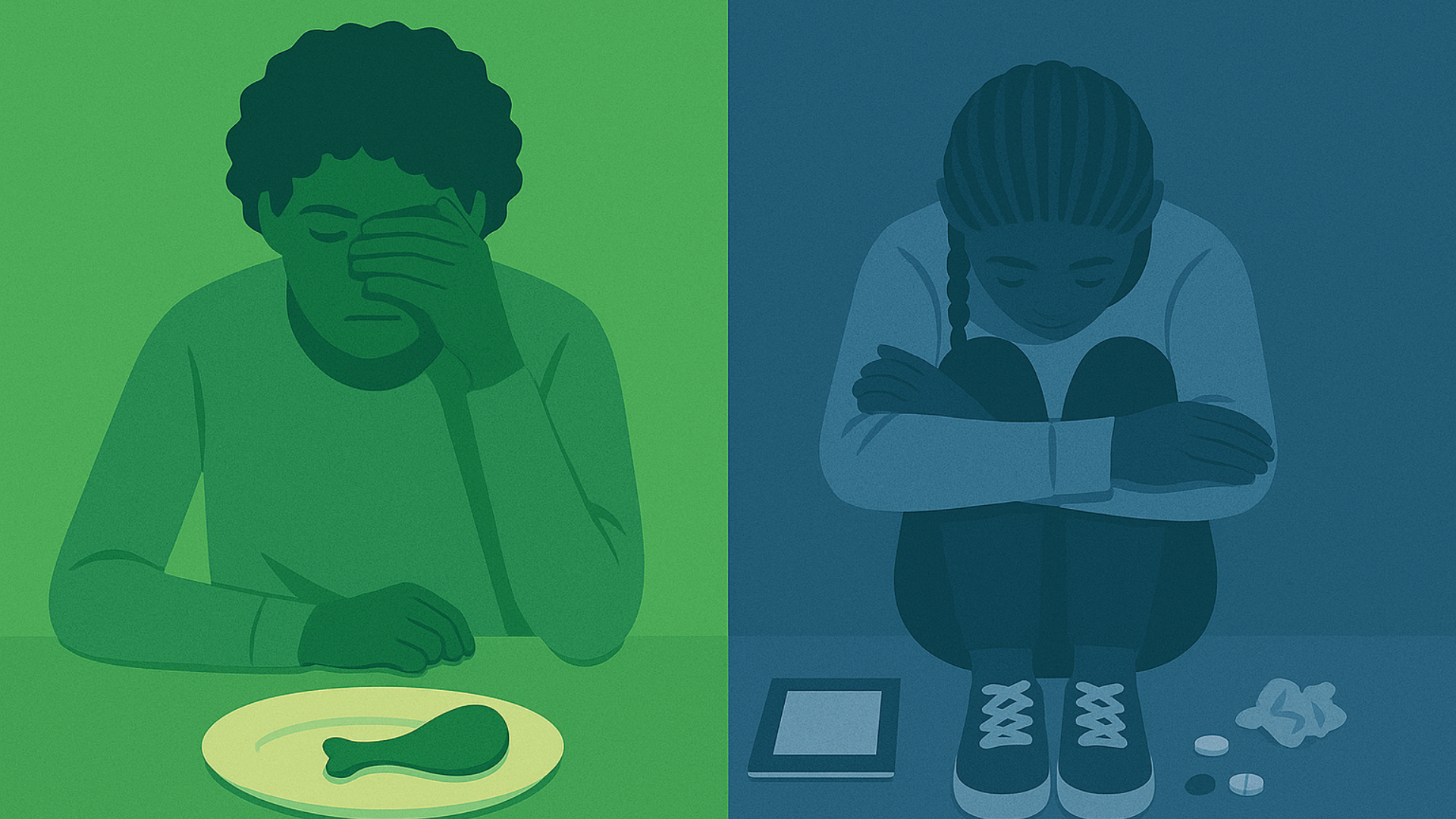Men and Mental Health: A Q&A With Thrive Therapist Brett Glanzmann

Many men are under immense pressure to provide for their families, maintain relationships with their partners, and be good fathers. Therapy can provide an outlet for this pressure, while also promoting personal growth. Learn more about mental health support for men from the Q&A below, featuring Thrive Therapist, Brett Glanzmann, MFTI.
Are there any mental health struggles that men are more prone to? What are they and what causes them?
The majority of the men I see in therapy are struggling with anxiety and/or depression. They have trouble with the pressures of work and home and tend to feel like they are always letting someone down. Many take their role of “primary provider” very seriously, so if there are struggles at work it deeply affects their sense of self. Often they are having difficulty in their couple relationship, but doing couples therapy will make them feel too vulnerable, so they would rather work on themselves with their own therapist.
Why is mental health support for men stigmatized? Why do you think some men are hesitant to seek mental health support?
Although men are as likely to have mental health issues as women, they are much less likely to talk about them or seek help. Admitting a need or a weakness goes against traditional social expectations. Many men grow up being told to “man up” and “deal with it.” They get the message that they’re supposed to handle their own problems and not rely on anyone else.
How can a man know if they have a mental health condition that requires professional help?
I’m of the mindset that all men could benefit from a safe and confidential space to work through their anxieties. But I would say that when a man no longer has experiences of joy on a daily basis, there is a problem. When a man finds it difficult to face the day with enthusiasm and a sense of purpose, he may need to seek help. One of the greatest signs that professional help is needed is when the man’s loved ones begin to convey their concern and worry. While it’s difficult for most men to receive feedback, their loved ones probably have a more accurate picture of their mental health.
How can mental health support help a man with their personal growth (even if they don’t have a pressing mental health condition)?
Men tend to stuff their anxieties and worries because they don’t want to cause their loved ones to worry. As a result, they become like a pressure cooker, with the stress and pressure building up until it explodes. It’s going to come out one way or another, and it’s usually in destructive ways. A counselor can function as a pressure release valve, allowing the man to unload the pressure without hurting his loved ones. Also, the counseling appointment is an opportunity to learn strategies for building better relationships, setting healthier boundaries, engaging in self-care, and setting goals.
What are some simple day-to-day practices that men can do to support their mental health?
Getting sufficient sleep and exercise are probably the most important daily activities to help with men’s mental health. It’s important to take occasional breaks at work. This time could be used to reflect, read, or meditate.
To learn more about Thrive’s therapeutic services, reach out to us.
About the Author
BRETT GLANZMANN, MFT-INTERN — Thrive Therapist
Brett Glanzmann, MFT-Intern, earned his master’s degree in counseling from the University of Nevada, Reno. He offers individual, couples, and family therapy, believing that people possess the resources required to maximize their quality of life. Brett has a specific passion for helping all types of couples rediscover their unique connection while growing in their communication skills. He enjoys helping his clients pursue meaning in their everyday lives, removing the obstacles that hinder growth and thriving. Brett also enjoys inclusive, faith-based counseling, having over 20 years of pastoral counseling experience in the Truckee Meadows.
The post Men and Mental Health: A Q&A With Thrive Therapist Brett Glanzmann first appeared on Thrive Wellness.








